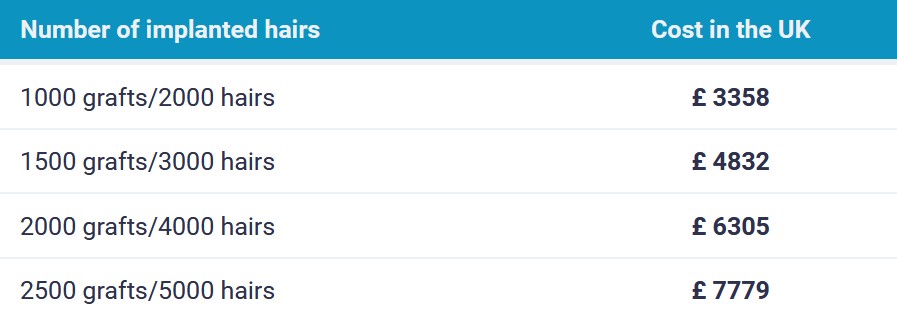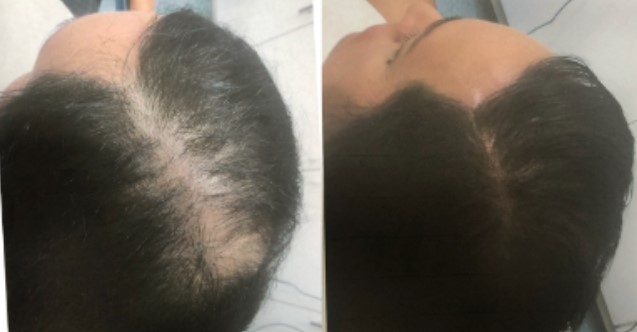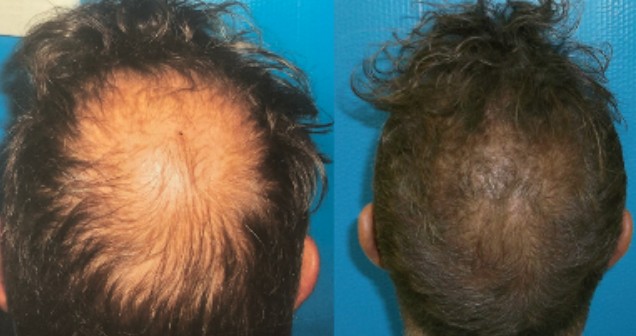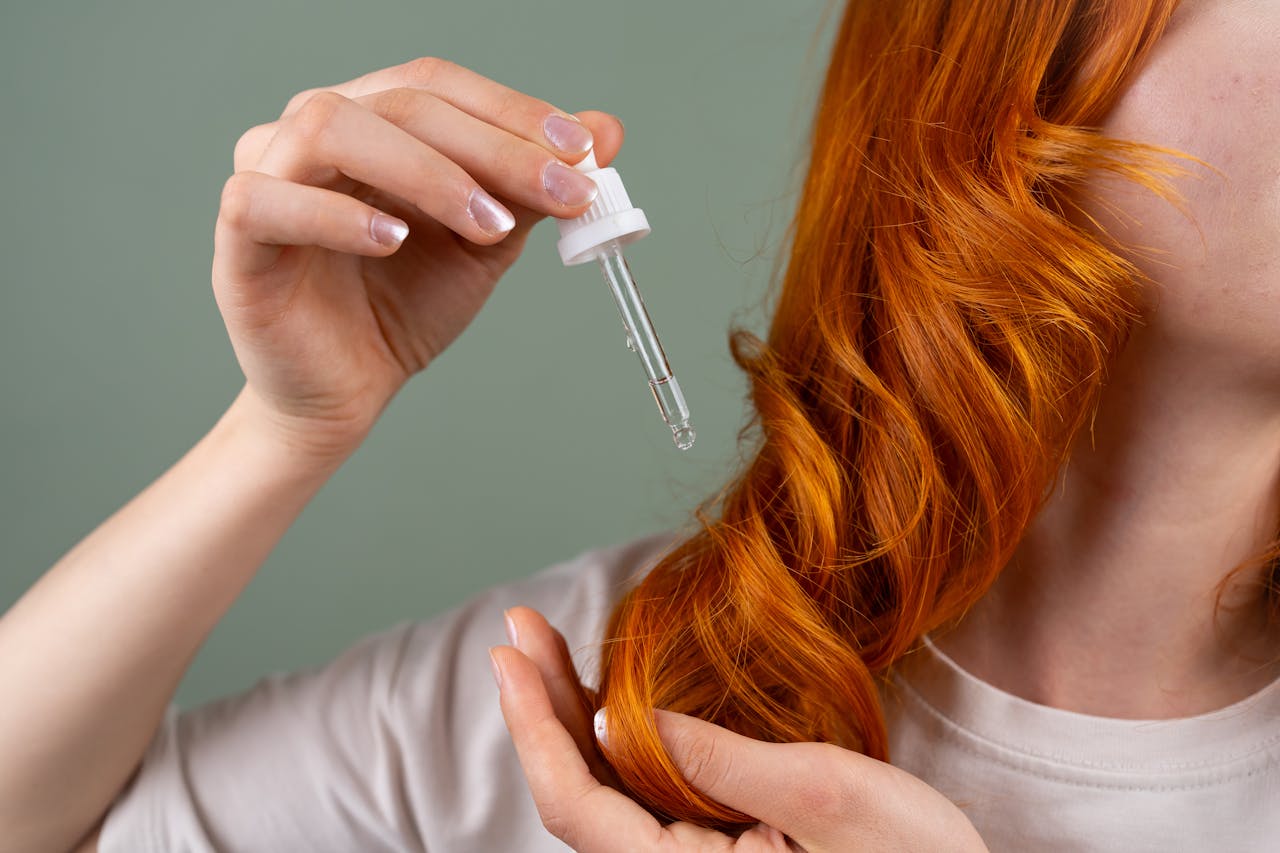Our Services
Crown Hair Replacement in Birmingham, uk
For those facing hair loss, finding effective treatment options can greatly improve self-esteem and confidence. Crown hair replacement in Birmingham offers a range of solutions tailored to individual needs, helping both men and women regain their hair and boost their self-image. The availability of non-surgical options, such as hair systems, provides an accessible way to address hair loss without the need for invasive procedures.
In our exploration of hair loss treatments, we will look at various methods offered in Birmingham, including both surgical and non-surgical approaches. Many clinics specialize in crown hair replacement, ensuring personalized care with experienced professionals. This means clients can select treatments based on their specific conditions and preferences, allowing them to explore different paths to regaining their hair.
As we delve into this topic, we aim to provide insights into the options available, the procedures involved, and what to expect during the journey. Whether considering a hair transplant or a non-surgical hair system, understanding these choices can empower us to make informed decisions about our hair restoration journey.

Understanding Crown Hair Loss
Crown hair loss can significantly affect a person’s appearance and confidence. It’s essential to know the factors contributing to this condition, including biological processes and specific characteristics of the crown area.
The Biology of Hair Loss
Hair loss occurs due to various biological factors. One of the primary causes is Dihydrotestosterone (DHT), a hormone linked to male pattern baldness. DHT shrinks hair follicles, causing shorter and thinner hair. This process can lead to the eventual cessation of hair growth in the affected areas.
In addition to hormonal influences, conditions like alopecia can also contribute to hair loss. Alopecia affects hair follicles, leading to patchy or complete hair loss. Stress and nutritional deficiencies can further exacerbate this situation.
Understanding these biological elements is crucial for identifying effective hair loss treatments. These treatments may include medications, supplements, and lifestyle changes aimed at addressing the underlying causes.
Crown Area Specifics
The crown area is particularly susceptible to hair loss for several reasons. It is often the first region where the effects of male pattern baldness become evident. This pattern typically starts with a receding hairline, followed by thinning at the crown.
Additionally, the crown is a challenging area to manage due to its visibility and hair growth patterns. The hair in this region often has a unique growth direction, influencing how we style and maintain our hair. Treatments for crown hair loss may require specific strategies tailored to this area, ensuring they blend seamlessly with existing hair.
Crown hair replacement solutions cater to these specific needs. They promise to restore volume and cover thinning areas, enhancing both appearance and confidence.
Types of Hair Transplant Techniques
When considering crown hair replacement, it is essential to understand the two main techniques used in hair transplant surgery: FUE and FUT. Each method has unique processes, benefits, and potential drawbacks. We aim to provide clarity on these techniques so you can make an informed decision.
FUE Hair Transplant
FUE, or Follicular Unit Extraction, is a popular method for hair transplantation. In this technique, we extract individual grafts directly from the donor area, usually at the back of the head. This minimizes scarring since no large incision is made.
The extracted grafts are then carefully implanted into the areas with thinning or no hair. FUE is known for a quicker recovery time and less discomfort compared to other methods. Patients often appreciate that there’s no linear scar, which allows for shorter hairstyles.
While FUE requires a skilled surgeon for optimal results, it generally is suitable for both men and women. Many clinics in Birmingham specialize in this technique, ensuring a high level of care and precision.
FUT Hair Transplant
FUT stands for Follicular Unit Transplantation. This method involves removing a strip of skin from the donor area, where hair is denser. We then dissect this strip into individual grafts for transplantation.
Although FUT may create a linear scar, it usually allows us to harvest a larger number of grafts in a single session. This can be beneficial for patients needing extensive coverage, particularly in the crown area.
The recovery period may be slightly longer than FUE due to the incision. However, many patients report satisfactory results when performed by experienced surgeons. Clinics in Birmingham often offer both FUE and FUT, enabling us to choose the best method based on individual needs.
Choosing the Right Clinic and Surgeon
Selecting the right clinic and surgeon for crown hair replacement is crucial for achieving the best results. We should focus on specific factors that ensure quality and expertise, allowing us to make an informed decision.
What to Look for in a Clinic
When evaluating a clinic, we should consider several key aspects. First, check for proper accreditation and licensing. A reputable clinic will have certifications that demonstrate its compliance with health standards.
Next, we should look at the facility’s reputation. Online reviews and patient testimonials can provide insights into the clinic’s level of professional service.
It’s also important to assess the technology and methods used. Clinics specializing in modern techniques, such as Follicular Unit Extraction (FUE), often yield better results. Lastly, we should ensure the clinic offers a detailed consultation to discuss our specific needs and treatment options.
Ensuring Surgeon Expertise
We must not overlook the experience and qualifications of the surgeon. A qualified hair transplant surgeon should have certifications from recognized medical bodies and a strong track record in hair restoration.
It’s beneficial to ask about their specific experience with crown hair transplants. We should seek surgeons who have performed numerous successful procedures in this area.
During our consultation, we can evaluate their approach and discuss our expectations. This interaction helps us gauge their communication skills and willingness to answer questions. A knowledgeable surgeon will educate us about the process and aftercare, helping us feel confident in our choice.
The Crown Hair Transplant Procedure
In this section, we will outline the steps involved in a crown hair transplant. We will cover the essential phases, including the initial consultation, surgery day, and post-operative care. Each part is crucial for ensuring a successful outcome.
Initial Consultation
During the initial consultation, we thoroughly evaluate your hair loss and discuss your goals. This appointment usually lasts about an hour. Our experienced surgeons assess the crown area and determine if you are a suitable candidate for the procedure.
We also review your medical history and any medications you are taking. This helps us tailor the treatment to your specific needs. After this evaluation, we explain the different techniques available, including FUE (Follicular Unit Extraction).
Finally, we provide an estimate of costs, which generally range from £2,500 to £6,500, and schedule the surgery date that works best for you.
Surgery Day
On surgery day, we ensure you are comfortable and informed about each step. You arrive at the clinic, where our team prepares for the procedure. We provide local anesthesia to minimize discomfort.
The surgery usually takes between 4 to 8 hours, depending on the extent of hair loss. We carefully extract healthy hair follicles from the donor area, often the back of the head. These follicles are then implanted into the crown area, creating a natural-looking hairline.
Our skilled surgeons take care to understand your desired hair pattern, ensuring a seamless look. After finishing the procedure, we provide instructions on how to manage the area during the healing process.
Post-Operative Care
Post-operative care is crucial for a successful crown hair transplant. We provide detailed guidelines to help promote healing and new hair growth. The first few days following surgery are critical, so we ask that you avoid strenuous activities.
You should also refrain from washing your hair for at least 48 hours. We recommend using mild shampoo when you do wash it. We often schedule a follow-up appointment to monitor your progress and address any concerns.
It’s normal to experience some redness and swelling, which usually subsides within a week. We emphasize the importance of following our aftercare advice, as this greatly enhances the chances of successful hair restoration.
Aftercare and Hair Growth Expectations
After completing a crown hair replacement, proper aftercare is crucial for the best results. We will discuss the immediate post-operative phase and long-term hair growth expectations to ensure a smooth recovery.
Immediate Post-Operative Phase
During the first 14 days following the hair transplant, we must follow specific aftercare instructions to protect the newly transplanted hair. This includes avoiding touching or scratching the scalp. We should wash our hair gently with a mild shampoo, avoiding direct water pressure on the grafts. Keeping the scalp clean is essential to prevent infections.
Additionally, we should avoid strenuous activities, which can increase sweating. We must also refrain from using hair products like gels or sprays during this period. Remember to keep the head elevated while sleeping to reduce swelling. Following these guidelines helps nurture new hair.
Long-Term Hair Growth
After the initial healing phase, hair growth expectations begin to take shape. Within a few months, we can notice new hair starting to emerge, with a fuller appearance over time.
Around the 8-month mark, transplanted hair will typically blend well with existing hair, resulting in improved density. It’s important to understand that hair growth can vary per individual. We cannot rush the process, and patience is essential.
By 12 months, we can view the final results of our crown hair transplant. Regular follow-ups with our clinic can also help address any concerns and track our progress.
Costs and Financing Options
When considering a crown hair replacement, understanding the costs and available financing options is crucial. This helps us make informed decisions about our treatment and budget.
Understanding the Cost

The cost of a crown hair transplant in the UK can vary significantly. On average, prices range from £2,500 to £8,125 based on various factors, including the number of grafts needed and the specific requirements of each procedure.
For instance, if we require about 2,500 grafts, the average cost may reach around £8,125. This variation in cost reflects the complexity of the transplant and the expertise of the clinic. Many clinics offer a free consultation, allowing us to better understand our needs and get a more accurate quote tailored to our situation.
Payment Plan Options
To help manage costs, many clinics present flexible payment plan options. We often have choices that include financing the procedure over time.
Some popular payment methods are:
- Full payment upfront
- 20% deposit to secure the appointment
- Monthly payment plans that allow us to spread costs, often with no interest for up to 12 months
These options help make crown hair transplants more accessible. By discussing these plans during our initial consultation, we can choose the best fit for our needs without taking on immediate financial stress.
Non-Surgical Alternatives
We have various effective non-surgical alternatives for hair loss, targeting those looking for solutions without surgery. These options include medications, hair systems and toppers, and laser therapy, each tailored to help restore our hair and confidence.




How We Help
Discover Our Simple Process for Hair Restoration

Ready to explore your hair replacement options? Sign up for a FREE consultation with our experts at Hair Replacement Crown.
Enter your full name, email, and phone number above to start. Let us help you regain your confidence today! We prioritize your privacy and security, ensuring your details are safe with us.
Frequently Asked Questions
In this section, we address common inquiries regarding crown hair replacement clinics in Birmingham. We provide insights on customer reviews, costs, and available options to help potential clients make informed decisions.

Scientific References:
- https://www.ncbi.nlm.nih.gov/books/NBK547740
- https://www.aad.org/public/diseases/hair-loss/causes/18-causes
- https://www.webmd.com/skin-problems-and-treatments/hair-loss/ss/slideshow-men-hair-loss-treatm



